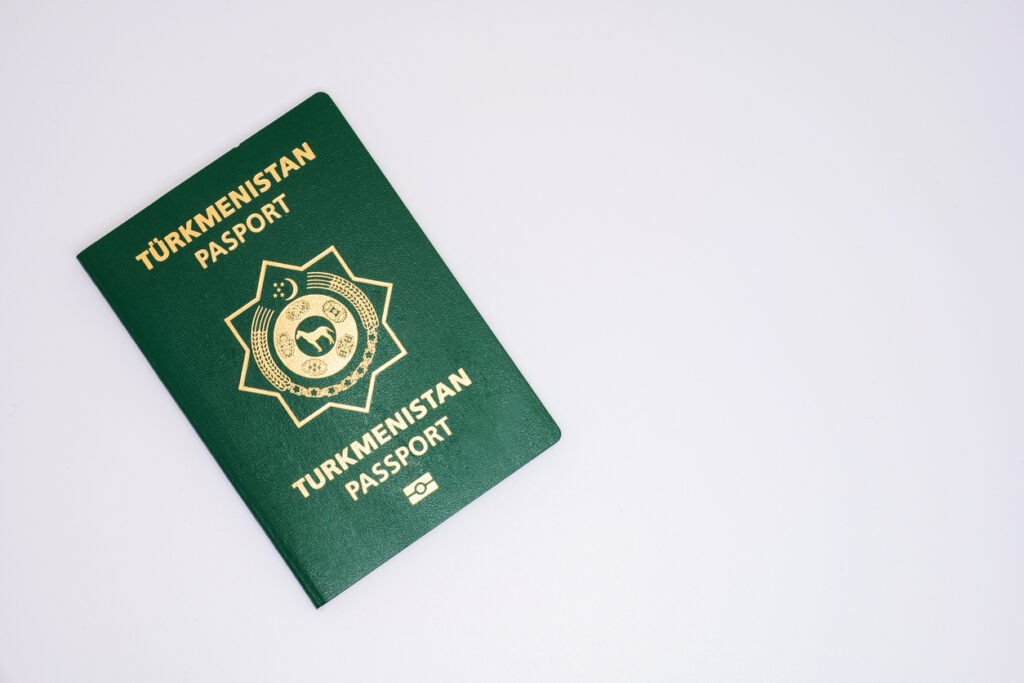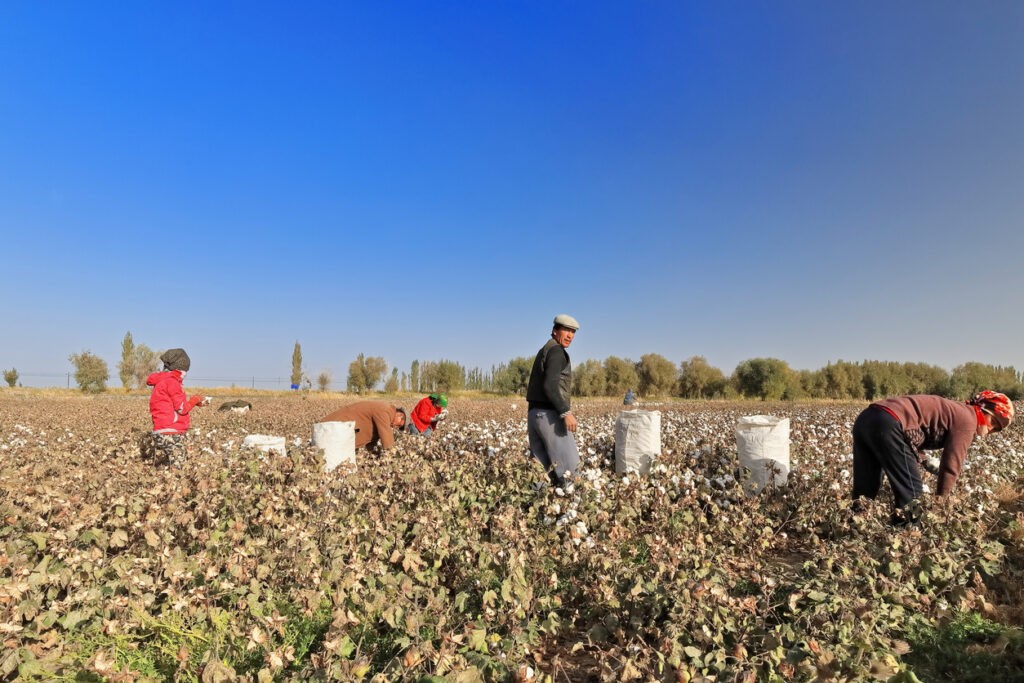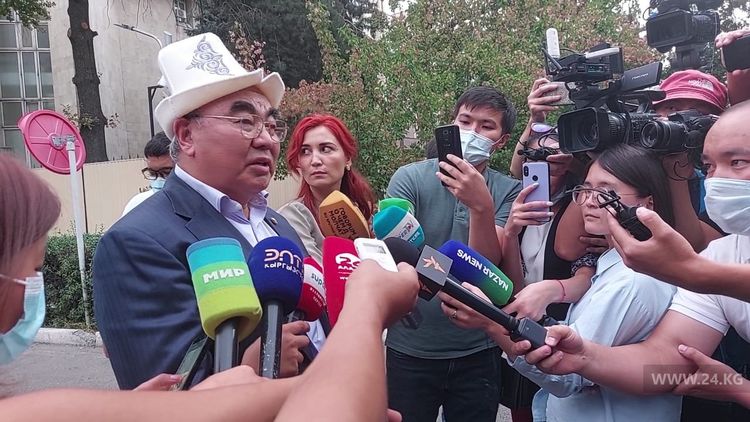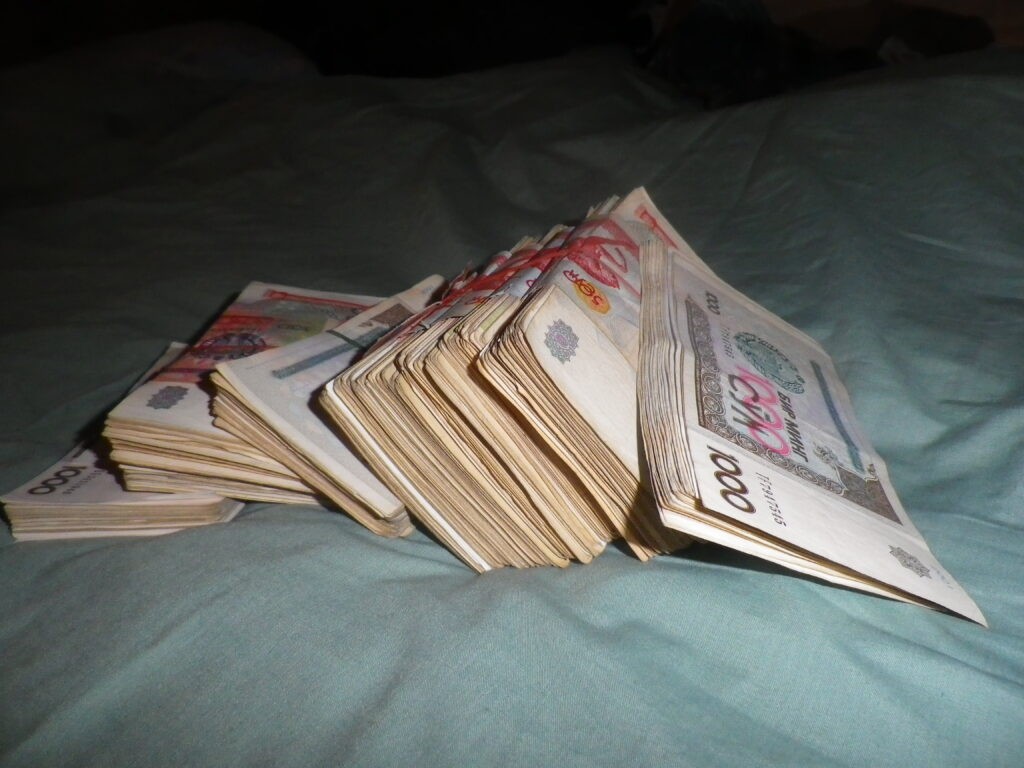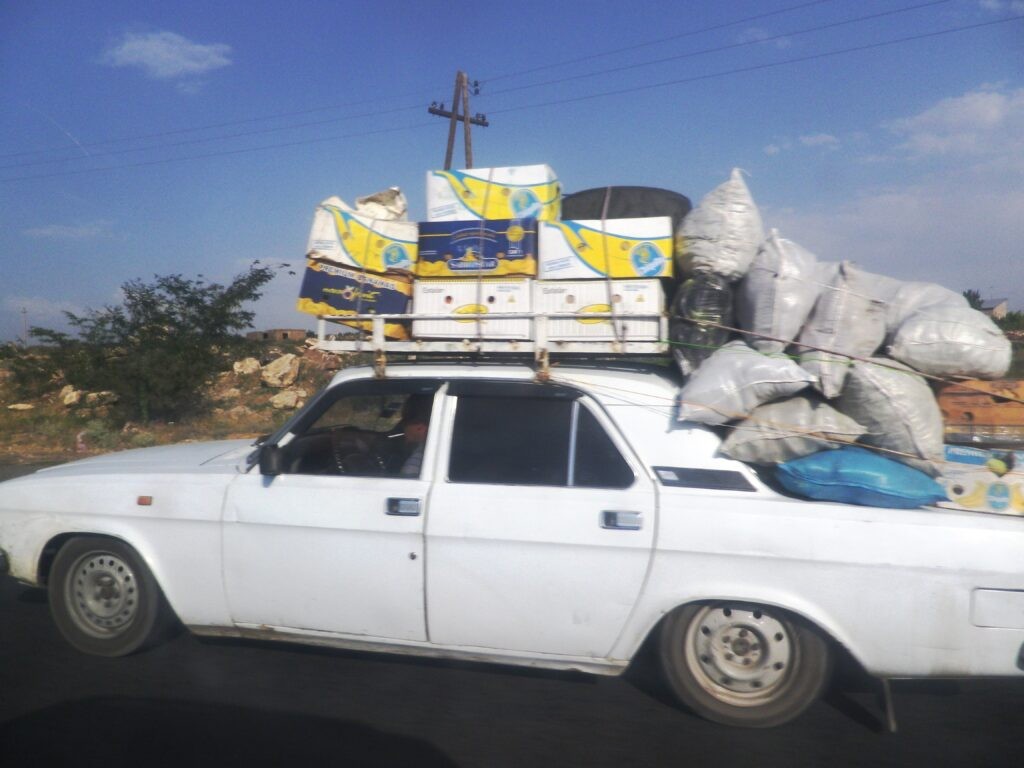Turkmenistan Forces Government Employees to Surrender Passports
Employees of state institutions in Turkmenistan are being forced to surrender their biometric passports. According to local sources, the migration service has been instructed to collect passports within a week and submit a report to the State Migration Service in Ashgabat. Workers from the education, healthcare, transportation and other sectors must surrender their passports, or provide a certificate to prove that they do not possess one. The requirement was verbally sent to state agencies in the country's Balkan region on September 9, and enforcement began immediately. “The heads of local organizations have announced to their employees: 'Either hand in your passports or don't come to work from tomorrow afternoon.' Even chief doctors at clinics and school directors must hand in their passports,” a state employee in the town of Turkmenbashi said. Attempts to get comments from the authorities on the measure -- which coincides with an increase in the number of citizens traveling abroad -- were unsuccessful. In addition, as the number of Turkmenistanis joining Russia's army in its war in Ukraine increases, passports have also been taken away from university students. In late August, students of the Turkmen State Pedagogical Institute and the Turkmen State Medical University were forced to surrender their biometric documents.
